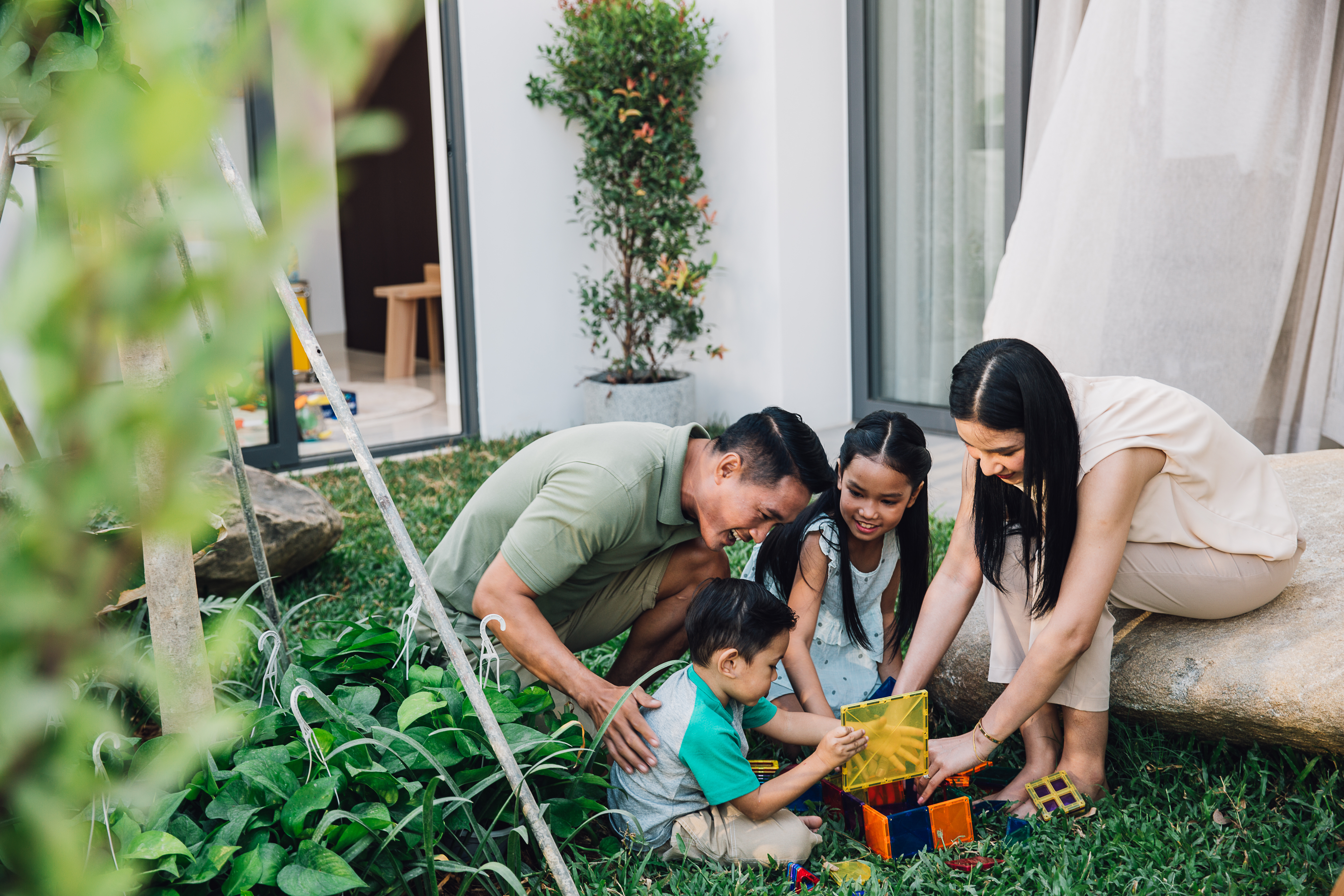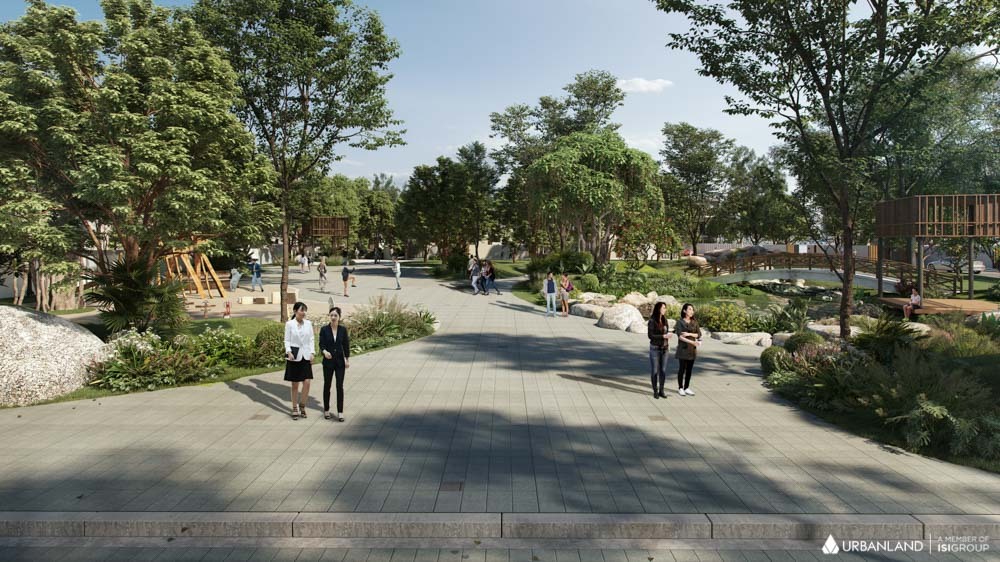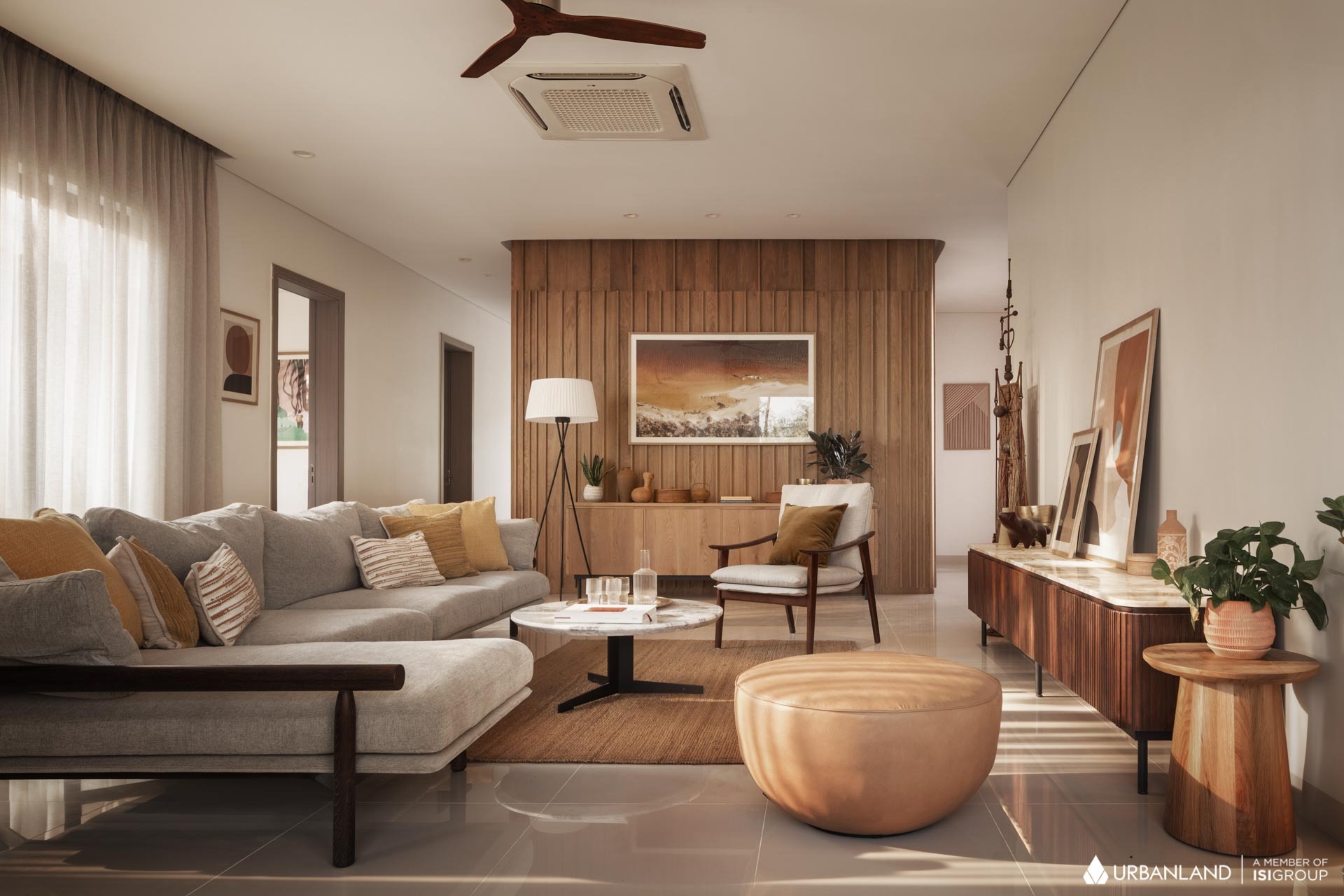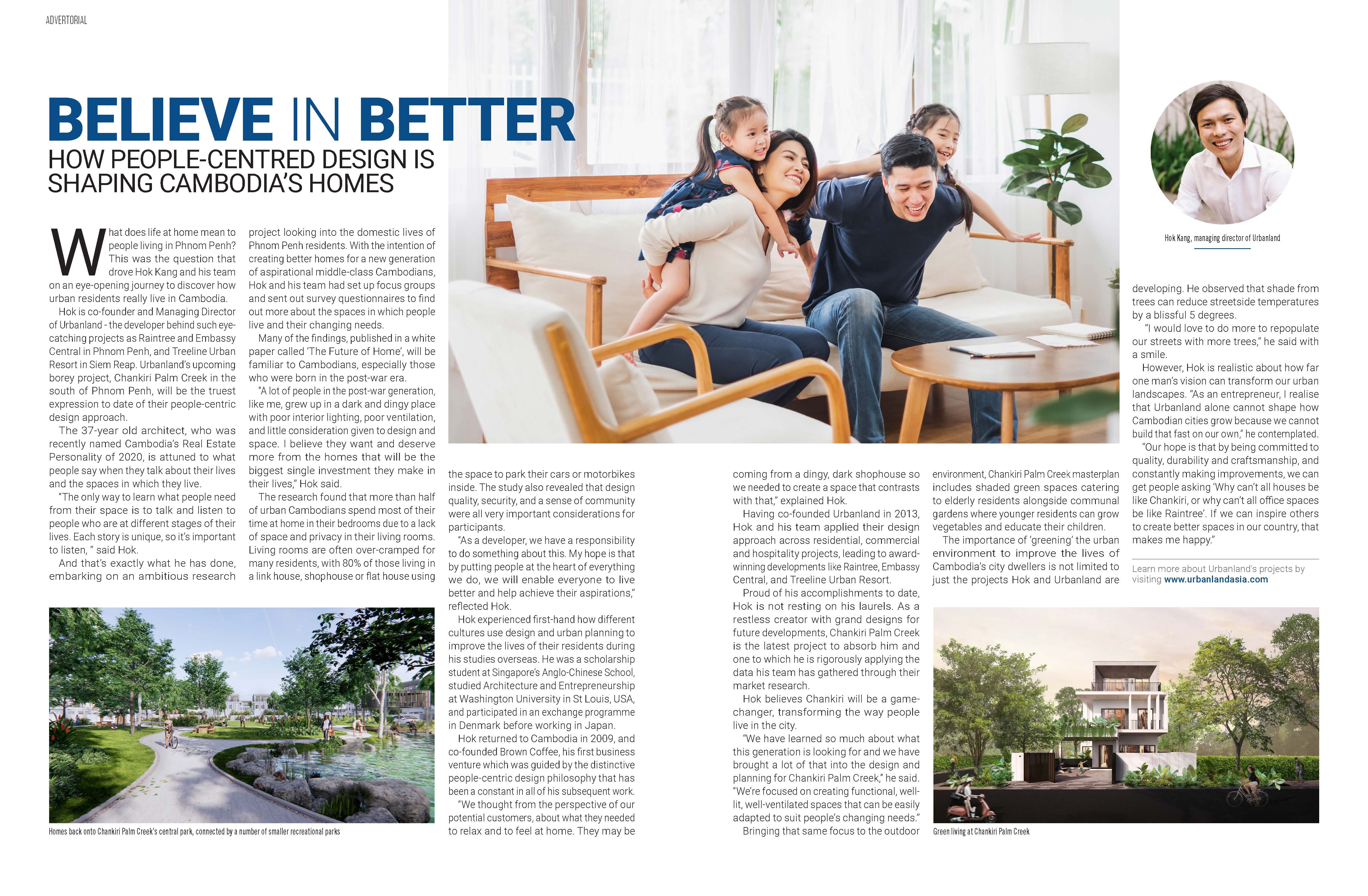What does life at home mean to people living in Phnom Penh?

This was the question that drove Hok Kang and his team on an eye-opening journey to discover how urban residents really live in Cambodia. Hok is co-founder and Managing Director of Urbanland - the developer behind such eye[1]catching projects as Raintree and Embassy Central in Phnom Penh, and Treeline Urban Resort in Siem Reap. Urbanland’s upcoming borey project, Chankiri Palm Creek in the south of Phnom Penh, will be the truest expression to date of their people-centric design approach.
The 37-year old architect, who was recently named Cambodia’s Real Estate Personality of 2020, is attuned to what people say when they talk about their lives and the spaces in which they live. “The only way to learn what people need from their space is to talk and listen to people who are at different stages of their lives. Each story is unique, so it’s important to listen,” said Hok. And that’s exactly what he has done, embarking on an ambitious research project looking into the domestic lives of Phnom Penh residents.

With the intention of creating better homes for a new generation of aspirational middle-class Cambodians, Hok and his team had set up focus groups and sent out survey questionnaires to find out more about the spaces in which people live and their changing needs. Many of the findings, published in a white paper called ‘The Future of Home’, will be familiar to Cambodians, especially those who were born in the post-war era. “A lot of people in the post-war generation, like me, grew up in a dark and dingy place with poor interior lighting, poor ventilation, and little consideration given to design and space. I believe they want and deserve more from the homes that will be the biggest single investment they make in their lives,” Hok said.
The research found that more than half of urban Cambodians spend most of their time at home in their bedrooms due to a lack of space and privacy in their living rooms. Living rooms are often over-cramped for many residents, with 80% of those living in a link house, shophouse or flat house using the space to park their cars or motorbikes inside. The study also revealed that design quality, security, and a sense of community were all very important considerations for participants.

“As a developer, we have a responsibility to do something about this. My hope is that by putting people at the heart of everything we do, we will enable everyone to live better and help achieve their aspirations,” reflected Hok.
Hok experienced first-hand how different cultures use design and urban planning to improve the lives of their residents during his studies overseas. He was a scholarship student at Singapore’s Anglo-Chinese School, studied Architecture and Entrepreneurship at Washington University in St Louis, USA, and participated in an exchange programme in Denmark before working in Japan. Hok returned to Cambodia in 2009, and co-founded Brown Coffee, his first business venture which was guided by the distinctive people-centric design philosophy that has been a constant in all of his subsequent work. “We thought from the perspective of our potential customers, about what they needed to relax and to feel at home. They may be coming from a dingy, dark shophouse so we needed to create a space that contrasts with that,” explained Hok.

Having co-founded Urbanland in 2013, Hok and his team applied their design approach across residential, commercial and hospitality projects, leading to award[1]winning developments like Raintree, Embassy Central, and Treeline Urban Resort. Proud of his accomplishments to date, Hok is not resting on his laurels. As a restless creator with grand designs for future developments, Chankiri Palm Creek is the latest project to absorb him and one to which he is rigorously applying the data his team has gathered through their market research. Hok believes Chankiri will be a game changer, transforming the way people live in the city. “We have learned so much about what this generation is looking for and we have brought a lot of that into the design and planning for Chankiri Palm Creek,” he said.
“We’re focused on creating functional, well-lit, well-ventilated spaces that can be easily adapted to suit people’s changing needs.”
Bringing that same focus to the outdoor environment, Chankiri Palm Creek masterplan includes shaded green spaces catering to elderly residents alongside communal gardens where younger residents can grow vegetables and educate their children. The importance of ‘greening’ the urban environment to improve the lives of Cambodia’s city dwellers is not limited to just the projects Hok and Urbanland are developing. He observed that shade from trees can reduce streetside temperatures by a blissful 5 degrees. “I would love to do more to repopulate our streets with more trees,” he said with a smile. However, Hok is realistic about how far one man’s vision can transform our urban landscapes.

“As an entrepreneur, I realise that Urbanland alone cannot shape how Cambodian cities grow because we cannot build that fast on our own,” he contemplated. “Our hope is that by being committed to quality, durability and craftsmanship, and constantly making improvements, we can get people asking ‘Why can’t all houses be like Chankiri, or why can’t all office spaces be like Raintree’. If we can inspire others to create better spaces in our country, that makes me happy.”

